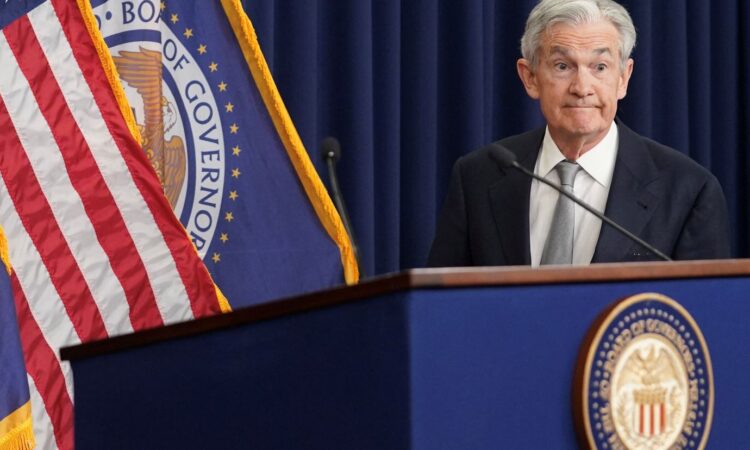
The Federal Reserve announced it would be keeping the federal funds rate up to 5-5.25 percent as economists had expected. The federal funds rate is set by the Fed and is used as a benchmark with which banks borrow and lend to each other. It is not the exact rate that customers experience, but the two are closely linked.
“Recent indicators suggest that economic activity expanded at a strong pace in the third quarter,” the Fed said. “Job gains have moderated since earlier in the year but remain strong, and the unemployment rate has remained low. Inflation remains elevated.”
The Fed is hoping that relatively high rates will cool the economy by discouraging borrowing. However, for those who already have some kind of credit mechanism or loan, this strategy has been costly. We take a look at the consequences for some of the most common types of borrowers.
How interest rates affect mortgages
Typical mortgage rates in the United States are not specifically tied to the federal funds rate, rather they track the yield on 10-year Treasury Bonds. The value of the bonds is related to the Fed’s economic outlook, and further interest rate hikes do not convey confidence from the central bank.
Current figures for 15-year and 30-year fixed-rate mortgages are 6.78 % and 7.65 %, respectively. When compared to the rates from this time last year, both have risen by a large margin, mainly from increasing interest rates by the Federal Reserve.






